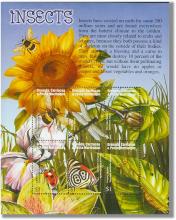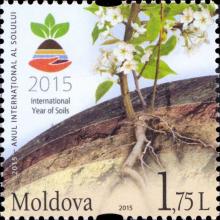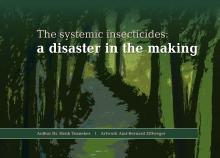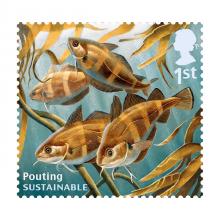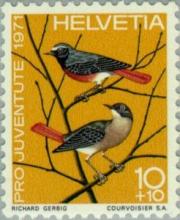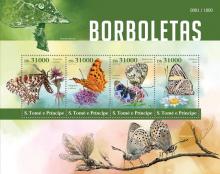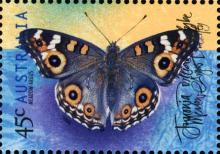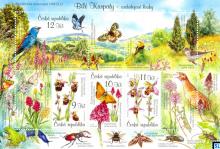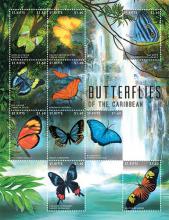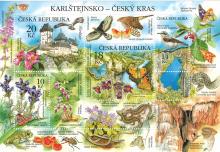Insect decline: the biodiversity of the entire world is at stake
Bees and butterflies are experiencing widespread population decline, creating public concern in recent years. Data collected in Germany suggest that it’s not just bees and butterflies at risk: insect populations overall have plummeted by more than 75 percent since 1989. Scientists have known about the population decline for several years. However, they didn’t know how many species were declining, and they didn’t expect it to be happening so fast.

